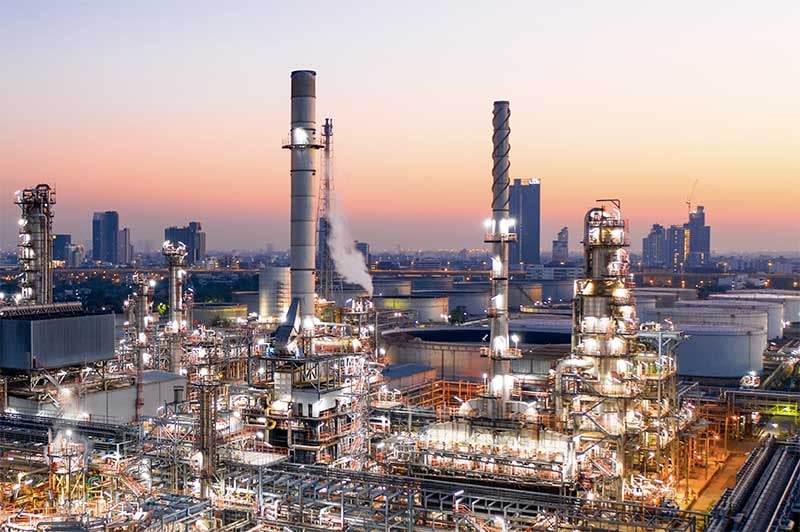Zeotech Limited (ASX: ZEO) has executed a dedicated research agreement with The University of Queensland (UQ) to evaluate the performance of synthetic zeolites in the field of carbon capture, a market that is projected to reach US$6.15 billion by 2027.

Zeotech is assessing how to leverage its novel and proprietary mineral processing technology for the low-cost synthesis of synthetic zeolites to deliver economically feasible environmental management solutions for carbon capture.
The carbon capture research programme will commence on March 1 and will be carried out over a nine-month period. The programme will consist of the following stages:
- Characterisation of synthetic zeolites and commercial adsorbents – this will involve building a database of different types of the synthetic zeolites and commercial adsorbents, following their characterisation, and comparing properties;
- Carbon dioxide adsorption capacity and selectivity measurement– this will involve measuring and comparing the carbon dioxide (CO2) adsorption capacity of the synthetic zeolites and commercial adsorbents. The synthetic zeolites selectivity of CO2 over other gases such as N2 will also be investigated; and
- Granulation study of synthetic zeolite products– this will involve an agglomeration study of synthetic zeolites will be carried out in this stage. The preparation process of the synthetic zeolite agglomerate will be explored, and the carbon capture performance of these bulk adsorbents will be evaluated.
Zeotech’s carbon capture research programme will also incorporate detailed economic analysis of:
a) The use of different synthetic zeolites produced by Zeotech and the commercial adsorbents for carbon capture and selectivity; and
b) Granulation of synthetic zeolite products and the commercial adsorbents for carbon capture and selectivity.
Zeotech, Managing Director, Peter Zardo, said growing environmental concerns regarding global warming and climate change have motivated researchers to develop more efficient and improved processes for CO2 capture from large point sources of CO2.
Adsorption processes using solid sorbents capable of capturing CO2 from flue gas streams have shown many potential advantages, compared to other conventional CO2 capture processes using aqueous amine solvents.
Microporous crystalline framework materials such as synthetic zeolites are widely used in the field of gas separation and purification, commercially. Synthetic zeolites have shown promising results for separation of CO2 from gas streams and there is much published literature concerning CO2 adsorption over different types of zeolites.
Zeotech’s aim is to leverage the economic benefits of its synthetic zeolite mineral processing technology. For example, UQ’s Chemical Engineering team has demonstrated up to 70% reduction in energy consumption in the thermal activation stage and up to 80% reduction in production time in the subsequent zeolite precipitation steps, in the synthesis of synthetic zeolites, coupled with the excellent structural properties of the synthetic zeolite to produce low-cost solid adsorbent for commercial CO2 capture to reduce greenhouse gases.
This programme is another example of our strong collaboration with UQ and continues Zeotech’s proactive approach in assessing the diverse and important commercial applications of synthetic zeolites,” Mr Zardo said.
“Our objective is to combine the potential of our low energy and production time efficient, mineral processing technology with the unique and proven CO2 adsorption capabilities of synthetic zeolites in order to determine the delivery of a commercially viable environmental management solution for the very large and lucrative carbon capture market.”




